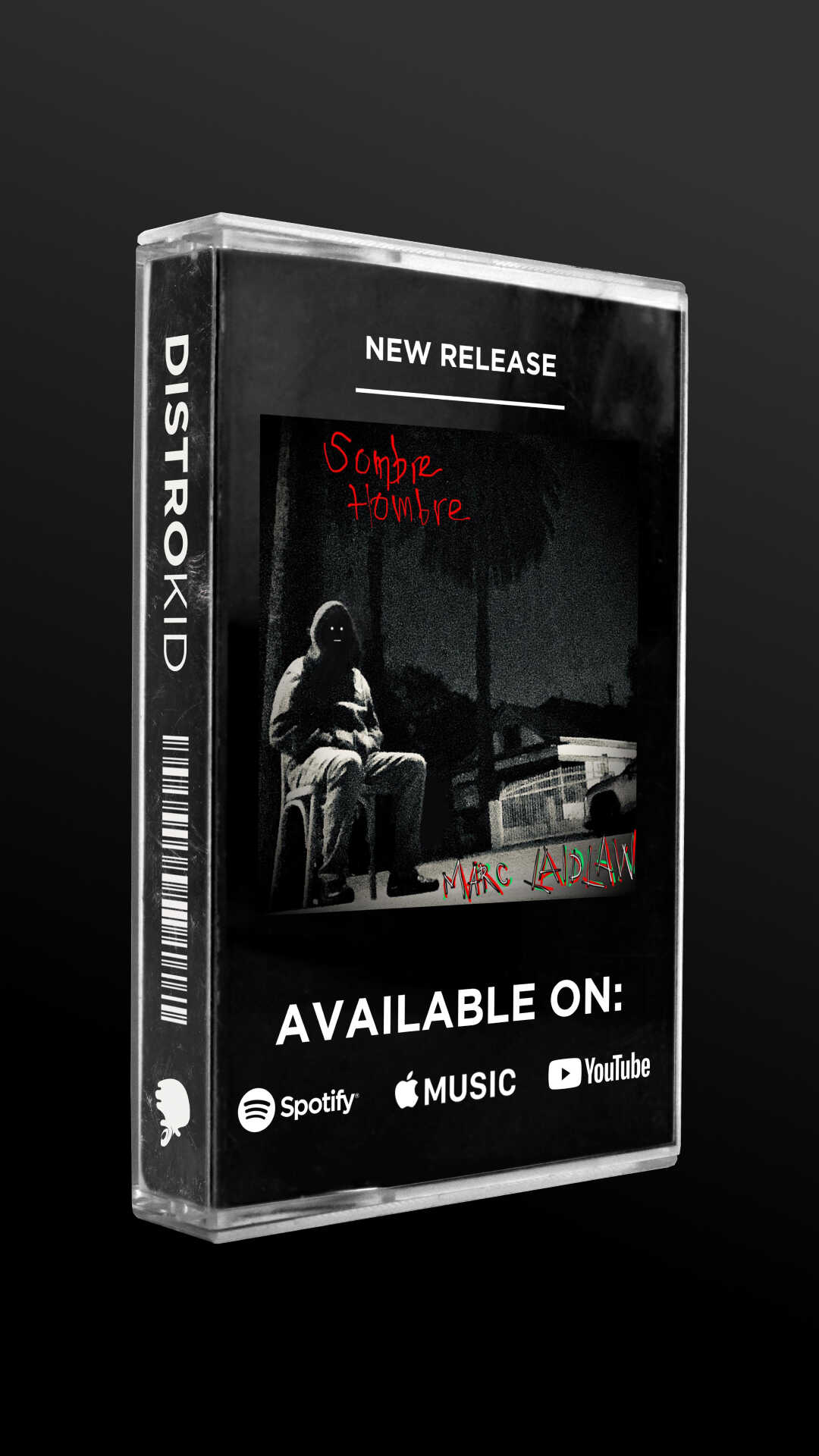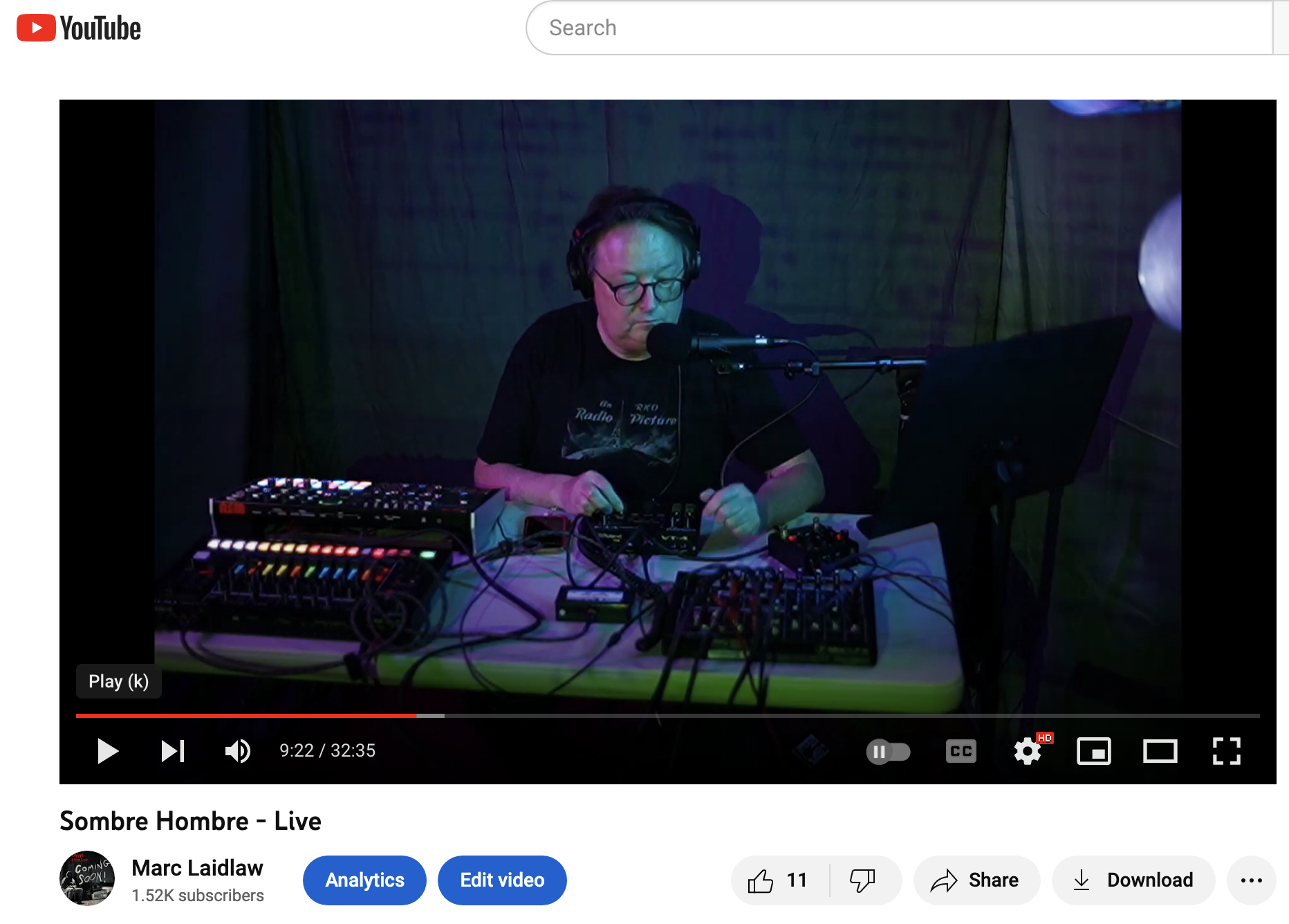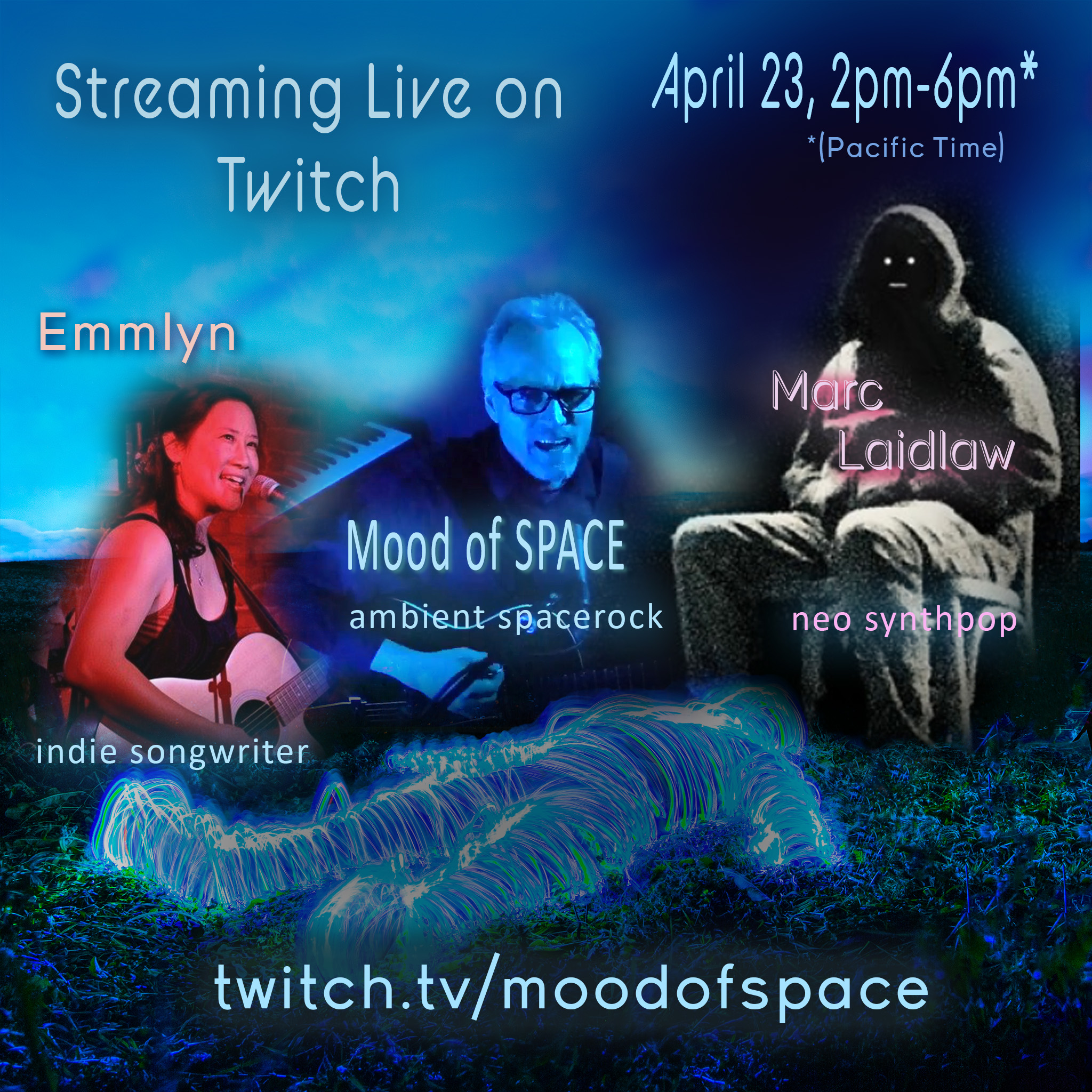Here Comes the Ocean…
It has been just about a year since my first EP, Sombre Hombre, went out into the world. I recently put out a second single, Ocean, itself a cover of a Velvet Underground track that Lou Reed performed several times with VU and also in his post-VU solo career. Every version on record is a little different, and in some (such as the Loaded session) the drums are quite sedate, in others Moe Tucker creates a crashing frenzy; in addition, every version I found had different lyrics.
I fell in love with the song while reading the recent biography of Reed, Lou Reed: King of New York. I was listening to a lot of VU and Reed recordings while I read the book, and for some reason “Ocean” hit me really hard. I became obsessed with the idea of doing a cover that was heavily or even exclusively synths, just as an exercise, but also as a way of spending a lot more deep time with the song. As I began to flesh out my own version, I found that although the synths were fine, the song really needed more texture and contrast, and I ended up playing in some electric guitar and bass as well. The core is the cymbals and heavy toms, especially in the latter half of the song, where the waves snatch you up and throw you around and around and slam you down on the sand, all in a seething roar of surf. I put it all together alone, hand-pasting drum samples, playing a few different synths, trying to figure out which lyrics to use. Finally I went into the studio of my friend Gal Bushy and had him supervise the vocals and he put them through a vintage amp and generally worked his magic on the mix (especially on the thunderous drums).
While I was able to easily license the cover through DistroKid, which distributes the track to the usual streaming platforms, when it came to releasing on BandCamp, I discovered that BC has a no-covers policy. There’s probably some way around it, and the license I arranged through DistroKid conceivably takes care of the concern, but I didn’t feel like risking it. If BandCamp is not going to take care of paying the license holders when I sell a copy, then I don’t feel right posting it there, even if nobody ever notices.
I have quite a few musical projects underway right now, and I recently took a small workshop in indie music marketing in order to take steps toward finding some more ears to listen to my tunes. It seems to be working. But in the near future, I’ve got a special track to release for Halloween, and another that will be coming out in time for the holiday season. And a full LP that I’ve been working on with local producer Ryan Pollie, which is steeped heavily in Americana, psychedelic folk rock, and general weirdness. I need to write and record a couple more songs and then the album will be complete…but I’ll start releasing singles before that. We have a handful just about ready to go.
I would like to say “Watch this spot” but honestly, who blogs anymore? And who reads blogs? If you want to check in on my projects, you can find me on Spotify, YouTube, Bandcamp, and the like…I’ve been operating under my own name to keep things easy. I did just create @marc_laidlaw_music on Instagram, especially to correlate with the promotions I’ve been running.





